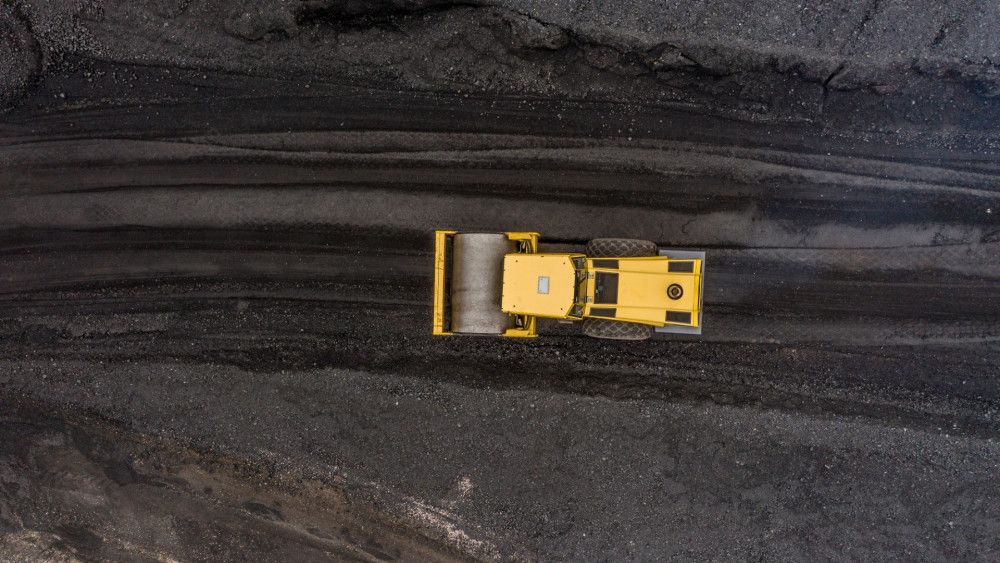Tuesday January 21, 2025
- ALL NEWS
- SMALL & MEDIUM ENTERPRISES (SME)
- INTERNATIONAL TRADE
-
REGIONS
-
NON-REGIONAL
Search

In international trade, dumping refers to a situation where the price of a good in the importing country is lower than the price in the exporting country. Thus, the exported product is more competitive and leads to unfair competition. This method, which can distort the market by destructuring market prices, was prohibited by both the General Agreement on Tariffs and Trade (GATT) and the World Trade Organization (WTO). However, some industrialized countries like China and Russia, which can produce large quantities of goods at lower prices and subsidize the production of their companies, have continued to use this method to flood the market of their surrounding countries.
China, thanks to its cheap labor, has become the "world's factory". Producing supply to the world involves operating thousands of factories, and the country’s significant industrial activity involves the production of carbon residues and derivatives like carbon black. In 2017, the global production capacity was 15.78 million tonnes per year, with 43% being produced in China. Russia was the second-largest producer in the world. In 2018, global production was 13.3 million tonnes, with 6.8 million tonnes coming from China. In terms of exports, out of around 4 million tonnes were exported in 2019, with China and Russia exporting 1.6 million tonnes, mainly to EU countries such as Poland and Germany, but also to Asian countries like India, which is the 5th largest importer of carbon black.

India is also a carbon black producer for its local market, which creates tensions with China and Russia. Indeed, the Indian market is inundated with cheap carbon black from China and Russia. These super producers selling their products at prices well below those of the Indian market have led to market saturation, preventing local production from being consumed by companies that prefer to buy Russian and Chinese products. Local production cannot be imported either because it would still be more expensive than the costs of China's and Russia’s. Thus, in response, India decided to impose anti-dumping duties on carbon black imported from China and Russia until the end of December 2020. These taxes increased the prices of Chinese and Russian products imported into India in order to bring them up to the level of local products.
The duties have since expired, and Vikram Makkar, president of All India Rubber Industries Association (AIRIA), said removal of the anti-dumping duty on carbon black is a step in the right direction. The non-tire rubber industry is highly vulnerable to supply disruptions and a fair pricing of these essential raw materials is key to the growth of the industry. “This move stands in favour of the domestic players as far as the Indian rubber goods industry is concerned,” Makkar said.
Exports News is your go-to place for all the latest import/export information and news. Subscribe to our newsletter today!
No Comments
Add comment



We’re happy you are satisfied with Exports News. Please let us know if you need enything!
support@exportsnews.comWe’re sorry your experience was not satisfactory. Please let us know how we can improve your experience:
Please contact us with any questions or concerns: support@exportsnews.com


Your feedback has been received! If you have any other questions or concerns, please contact us at:


There aren't any comments yet. Be the first to comment!